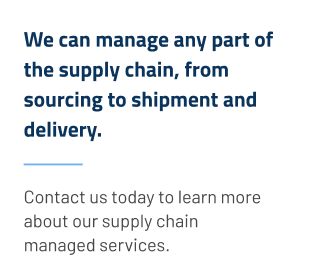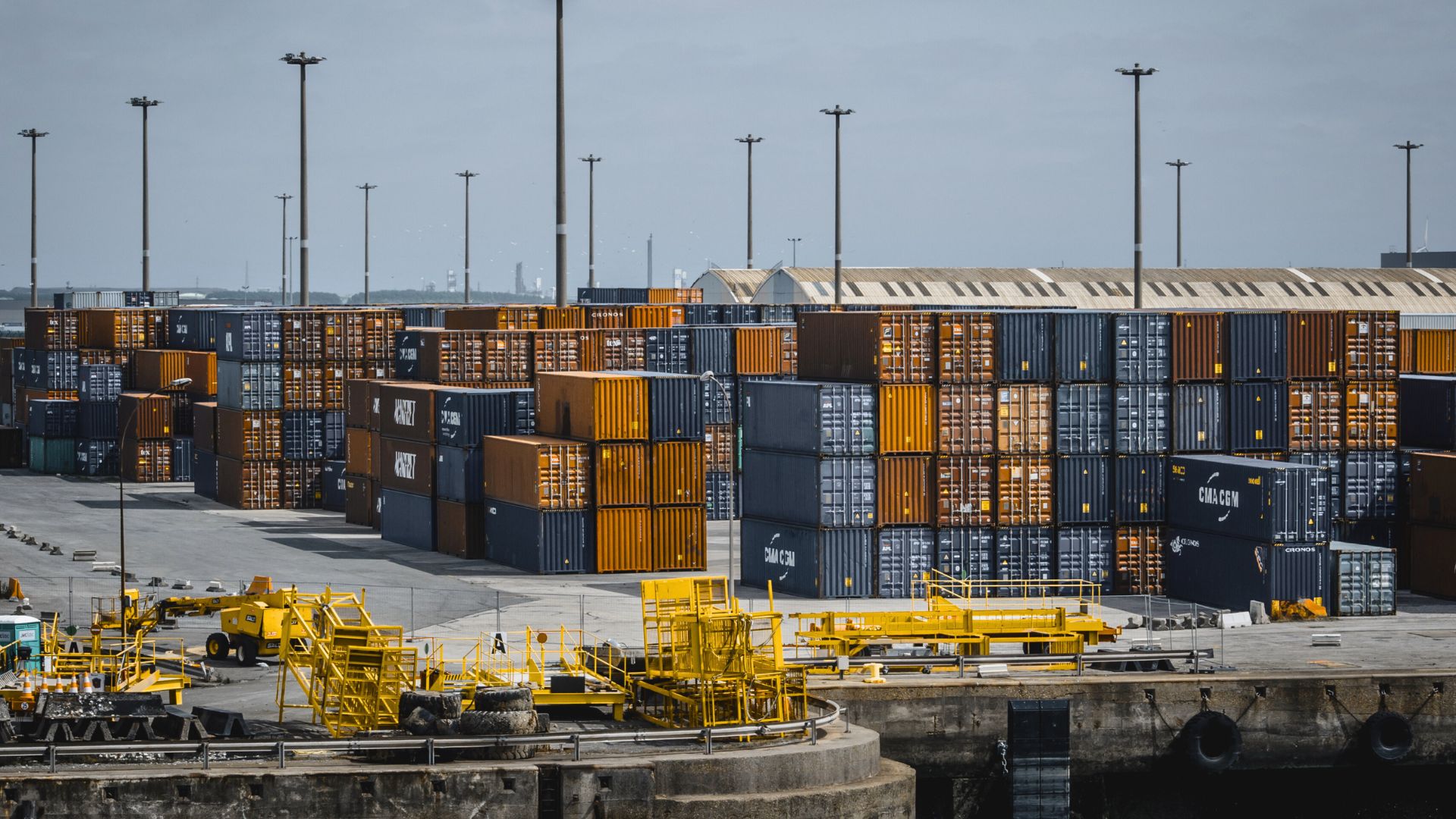
Business leaders are continuously looking for strategies to maintain a competitive edge in today’s global economy. But for many, this is easier said than done.
A key component in remaining competitive is optimizing production processes to minimize costs and maximize efficiency. One solution that many companies turn to is contract manufacturing. But what is contract manufacturing, and how does it work?
In this blog, we’ll explore the definition of contract manufacturing, the process behind it, and the advantages it offers to businesses across industries.
What Is Contract Manufacturing?
At its core, contract manufacturing is a form of outsourcing where a company hires a third-party manufacturer to produce its goods or components.
This practice allows companies to focus on other essential aspects of their business, such as marketing, sales, and product development, while leaving the production process to specialized manufacturers. The hiring company provides the specifications and design of the product, while the contract manufacturer is responsible for producing the goods, ensuring quality, and sometimes even handling packaging and shipping.
For many businesses, contract manufacturing represents a strategic move that can save time, reduce costs, and ensure a higher level of product quality, thanks to the expertise and resources that manufacturers can bring to the table.
How Does Contract Manufacturing Work?
The process of contract manufacturing starts with the hiring company identifying the need to outsource production. This decision may be driven by several factors, such as the need for specialized expertise, the desire to reduce labor costs, or the lack of in-house manufacturing capabilities.
Once the decision is made, the company will work with the contract manufacturer to outline the product specifications, including materials, design, and production requirements. The contract manufacturer will then take over the actual production process, which may involve sourcing raw materials, managing labor, overseeing quality control, and ensuring the final product meets the agreed-upon standards.
Depending on the contract, the manufacturer may also handle packaging, labeling, and even shipping the product to its final destination. This allows the hiring company to focus on scaling its business without the added complexities of managing a manufacturing process.
The Different Types of Contract Manufacturing
Contract manufacturing is not a one-size-fits-all solution. It encompasses several different types of arrangements depending on the needs of the hiring company:
Component Manufacturing
In this model, the contract manufacturer produces specific parts or components that will be used by the hiring company to assemble the final product. This is common in industries like automotive, where different manufacturers produce various car parts.
Full Production
The contract manufacturer takes on the entire production process, from sourcing materials to assembling the final product.
Labor Outsourcing
In some cases, companies only outsource the labor required for production while maintaining control over raw materials and machinery.
Each type of contract manufacturing offers different levels of involvement and responsibility for both the hiring company and the manufacturer.
5 Key Benefits of Contract Manufacturing
Why should your business turn to contract manufacturing? Well, if you’ve read this far, it’s highly likely that you’ve already decided contract manufacturing is for you. But perhaps you just need that extra “oomph” to help you get started. There are several reasons businesses turn to contract manufacturing, but the most common benefits include:
1. Avoiding High Costs
One of the primary reasons companies opt for contract manufacturing is the significant cost savings it can offer. By outsourcing production to a third-party manufacturer, companies can avoid the high costs associated with building and maintaining their own production facilities. Contract manufacturers often operate in regions with lower labor costs, allowing businesses to produce their goods at a fraction of the cost of in-house manufacturing.
Additionally, contract manufacturers typically have established relationships with suppliers, enabling them to source materials at a lower price. These savings are often passed on to the hiring company, further reducing production costs.
2. Access to Specialized Expertise
Another major benefit of contract manufacturing is the ability to leverage the specialized knowledge and expertise of the manufacturer. Contract manufacturers often have years of experience in producing specific types of products, which allows them to ensure a high level of quality and efficiency in the production process.
For businesses entering a new market or launching a new product, this expertise can be invaluable. It allows for the production of high-quality products without having to invest in expensive training or equipment.
3. Scalability and Flexibility
Contract manufacturing offers businesses a level of scalability that can be difficult to achieve with in-house production. As demand for a product increases, the contract manufacturer can quickly scale up production to meet the need. Similarly, if demand decreases, the manufacturer can scale back production, helping the hiring company avoid unnecessary costs.
This flexibility is particularly beneficial for startups and small businesses, which may not have the resources to invest in long-scale manufacturing operations. By partnering with a contract manufacturer, businesses can bring their products to market without taking on the financial risk of building a production facility.
4. Focus on Core Competencies
Outsourcing production to a contract manufacturer allows companies to focus on their core competencies, such as research and development, marketing, and customer service. By delegating the manufacturing process to a trusted partner, businesses can allocate their time and resources to areas that will drive growth and innovation.
This can be particularly advantageous for companies in fast-moving industries, where staying ahead of the competition requires constant innovation and quick product launches.
5. Improved Speed to Market
With contract manufacturing, businesses can take advantage of the manufacturer’s existing production infrastructure, which can significantly reduce the time it takes to bring a product to market. This is particularly important in industries where speed to market is a critical factor in success. Contract manufacturers can help companies ramp up production quickly and efficiently.
What Are the Risks of Contract Manufacturing?
While contract manufacturing offers numerous benefits, there are also risks involved:
- Loss of control over the production process.
- Maintaining quality standards.
- Meeting production deadlines.
- Protection of proprietary information.
- Ensuring designs and processes are not replicated or shared with competitors.
When a company outsources its manufacturing, it must rely on the contract manufacturer to maintain quality standards and meet production deadlines.
Additionally, intellectual property concerns can arise when a third-party manufacturer is involved. Companies must take steps to protect their proprietary information and ensure that their designs and processes are not replicated or shared with competitors.
Why ITI Is Your Ideal Contract Manufacturing Partner
At ITI Manufacturing, we specialize in connecting businesses with trusted overseas manufacturers, offering end-to-end solutions for contract manufacturing. Our team ensures that your products are manufactured to the highest quality standards while keeping costs competitive. With decades of experience and a focus on seamless project management, we take the complexities out of outsourcing.
Whether you’re looking to outsource a component or entire product, we have the expertise and global network to ensure success. From ensuring compliance with international regulations to providing real-time updates on production, we make contract manufacturing easy. Contact us today to reduce costs, improve efficiency, and focus on the core competencies of your business.




